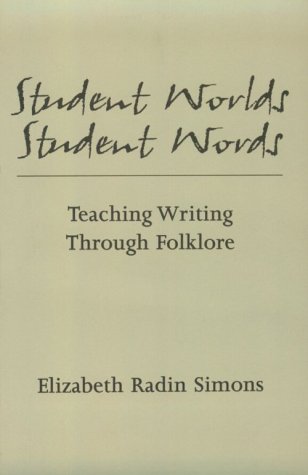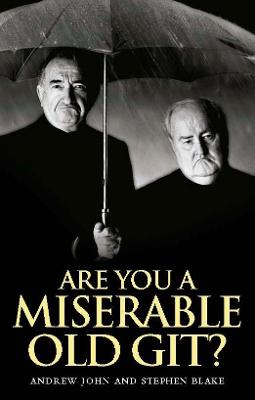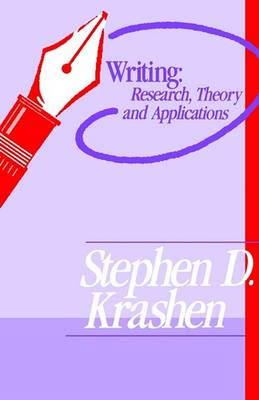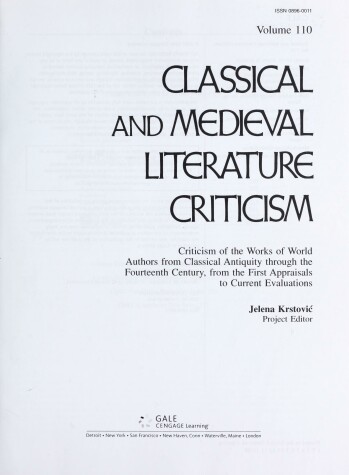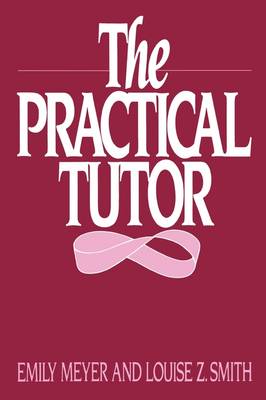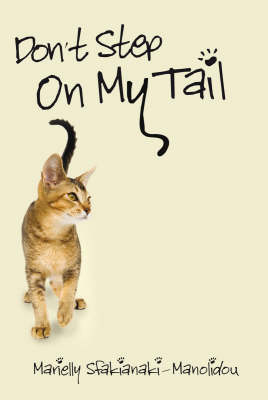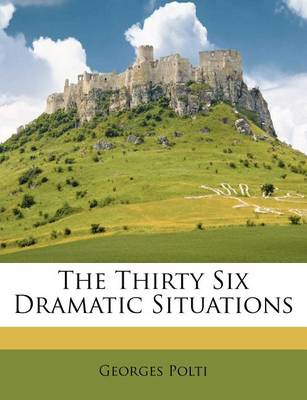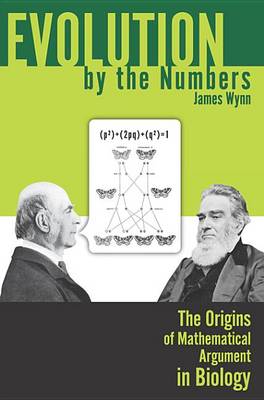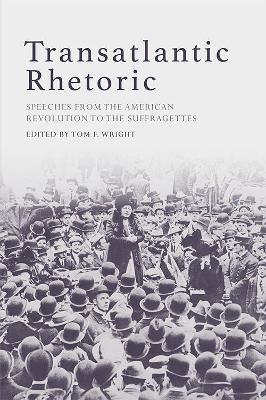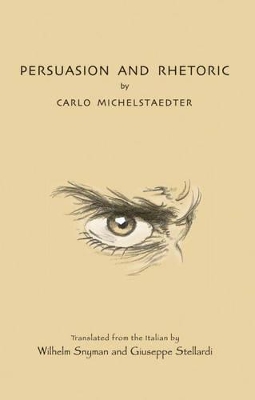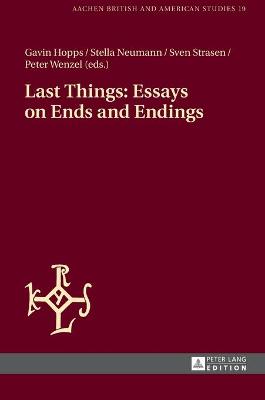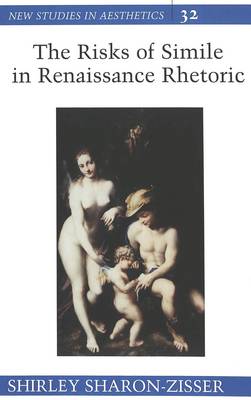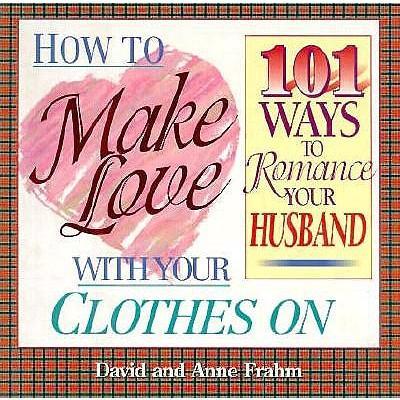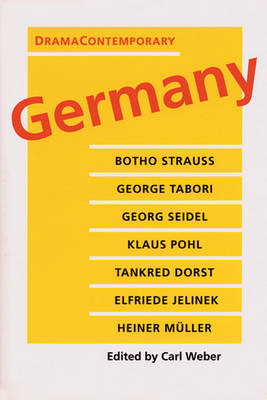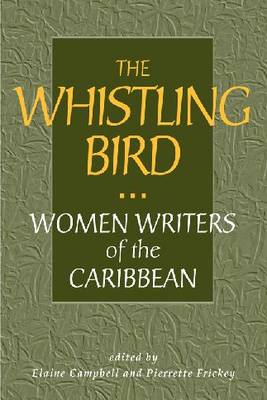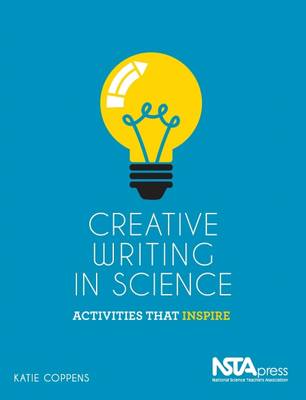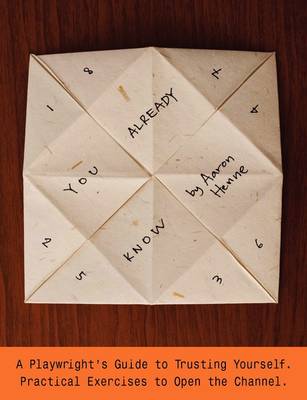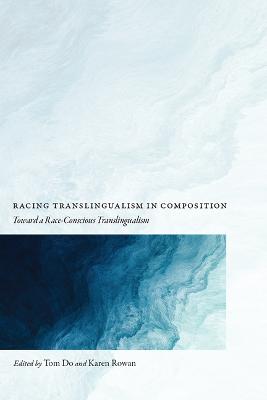Student Words Student Worlds
Whether wielding the sly insult or offering direct contempt, pouring the coldest of water on the grandest of plans or spoiling the happiest of days, or else simply groaning and grumbling in the background in counterpoint to the cheerful bustle of lesser mortals' lives, the commentary of the grump adds wit and savour to everyday existence. From Bob Geldof to the late John Peel, W. C. Fields to Groucho Marx, Winston Churchill to Dorothy Parker, the world has always produced its share of grumpy, mo...
World Languages Professional Development: Writing
by Stephen Krashen
Classical and Medieval Literature Criticism (Classical & Medieval Literature Criticism, #110)
by Jelena Krostovic
As a convenient source of wide-ranging critical opinion on early literature, this series contains excerpts from criticism through the ages on the works of philosophers, poets and playwrights, political leaders, scientists, mathematicians and writers from other genres. Students writing a term paper on an author, work, topic, theme or idea -- or anyone wanting to become better acquainted with the classics -- will find this series a helpful first resource. Approximately 90-95% of critical essays ar...
In the classroom, the workplace, and the home, more and more teachers, professionals, teaching assistants, peer tutors and parents have need of a practical, hands-on guide to helping their students, associates and teen-agers improve their composition skills. Designed to meet the needs of those who lack formal pedagogical training in composition, The Practical Tutor is an invaluable tool for writers at various levels in both formal and informal educational settings. The book alerts its readers...
Speaking the Unspeakable in Postwar Germany (Signale: Modern German Letters, Cultures, and Thought)
by Sonja Boos
Speaking the Unspeakable in Postwar Germany is an interdisciplinary study of a diverse set of public speeches given by major literary and cultural figures in the 1950s and 1960s. Through close readings of canonical speeches by Hannah Arendt, Theodor W. Adorno, Ingeborg Bachmann, Martin Buber, Paul Celan, Uwe Johnson, Peter Szondi, and Peter Weiss, Sonja Boos demonstrates that these speakers both facilitated and subverted the construction of a public discourse about the Holocaust in postwar West...
Evolution by the Numbers (Rhetoric of Science and Technology)
by James Wynn
Reclaims public speaking as a central cultural form of the nineteenth century Places famous speeches by Emmeline Pankhurst, Abraham Lincoln, Mark Twain and Oscar Wilde alongside previously unpublished textsOffers a more racially, ethnically and politically varied range of speeches than ever collected beforeIncludes illustrations and suggestions for further readingsA 'how to use this book' section provides historical contextualisations and valuable guidance for steering classroom discussions T...
Carlo Michelstaedter (1887-1910) committed suicide at the age of 23, days after completing this devastating treatise on the human condition and the course of Western civilisation. This work was deemed to be so radically nihilistic, or so radically idealistic, that publishers shied away from it for decades. This new English translation brings to life the heartfelt text of the precocious Italian-Jewish writer, poet and painter, who - refusing to compromise with life - remained loyal to his ideal o...
This multidisciplinary collection brings together scholars from the fields of literature, theology and linguistics who question and extend our taken-for-granted conceptions of The End. It focuses on the ways in which endings are formally signaled in literature, and sets these alongside parallel studies in journalism and film. However, it is also concerned with larger philosophical and historical notions of closure, impermanence, rupture and apocalypse as well as the possibilities of «posthumous»...
Heath Introduction to Literature (College S.)
At about half the length and a much lower price than comparable anthologies, this introductory anthology of short fiction, poetry, and drama is organized by genre and features chapter introductions and a bibliography of film adaptations. Readings have been chosen with an eye toward classic selections and gender balance, while allowing the book to retain the teachability and traditional emphases for which it has long been admired.
The Risks of Simile in Renaissance Rhetoric (New Studies in Aesthetics, #32)
by Professor Shirley Sharon-Zisser
The Winchester Anthology
This early sixteenth-century manuscript contains the music for seven songs as well as a number of instrumental pieces added in the 1550s or 1560s, copied by one of the `singing men' at Winchester Cathedral. It is an important document because its content can be clearly identified; as Iain Fenlon points out in his introduction, it provides evidence of the extraordinary growth in musical literacy which took place in English society fom about the middle of the sixteenth-century. `It is impossible...
The Whistling Bird
The Whistling Bird celebrates what were until recently the little-heard voices of women writers from the Caribbean. The anthology includes short stories, poetry, drama, and excerpts from novels - all rich, melodic works written with clarity and conviction.
Rhetorics of Nepantla, Memory, and the Gloria Evangelina Anzaldua Papers
by Diana Isabel Martinez
Do you ever feel like your science classes could use a shot of imagination? Boost the creativity quotient by assigning a travel blog about the digestive system, a packing list for the planets, or an interview with an atom. You'll inspire students to be better writers while you enjoy new strategies to assess their scientific understanding. That's the idea behind Creative Writing in Science. This classroom resource book featuresactivities that integrate writing with content in life science, Earth...
You Already Know: A Playwright's Guide to Trusting Yourself; Practical Exercises to Open the Channel
by Aaron Henne
